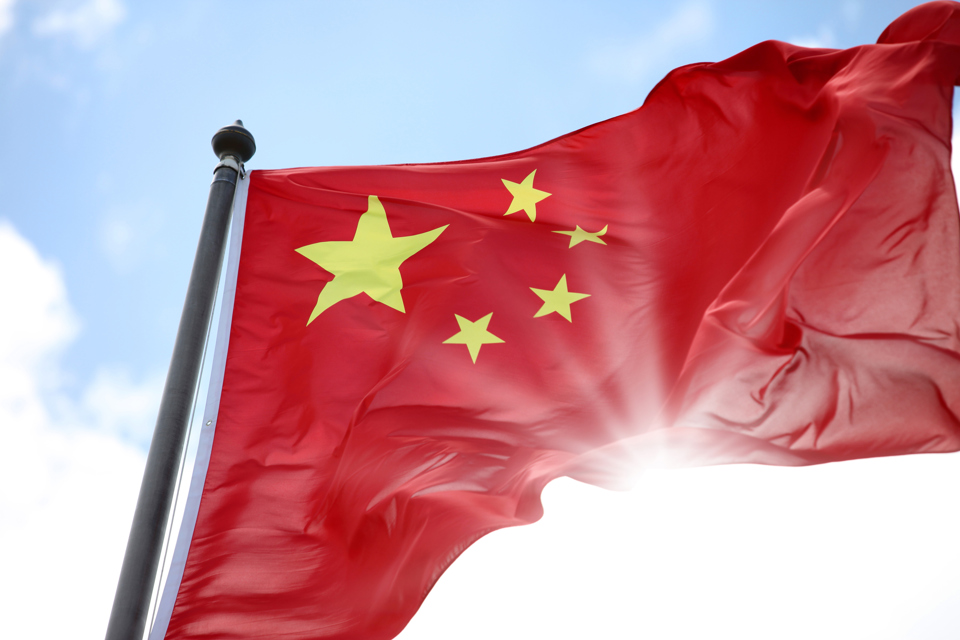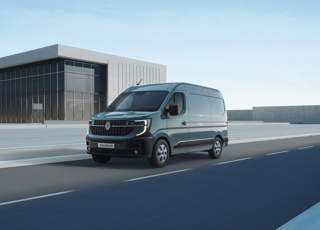This article has been taken from the FN50 2024 special report, providing insight into the UK’s biggest car, van and truck contract hire, leasing and fleet management.
Chinese car makers are expected to make a significant dent in the UK car market over the next few years, bringing an influx of cheaper electric vehicles (EVs) to our shores.
FN50 leasing companies were confident, in 2023’s survey, that these new brands would gain market share from pricier European rivals.
However, that could all change should the Government decide to implement stringent import tariffs on Chinese-built models.
It’s a tactic that has already been implemented by the United States and European Union, in a bid to level the playing field for legacy carmakers in the region.
In October, British trade minister Jonathan Reynolds told Reuters that Britain will not be following their examples as no complaints had - at that point - been raised by UK businesses.
Following an investigation, the European Commission concluded that Chinese car brands benefited from unfair Beijing subsidies that were keeping prices artificially low.
Now tariffs of up to 45% will apply to new EVs imported from China into the EU over the next five years.
China is banking on a massive European expansion to support its growing automotive industry.
Should these tariffs cause sales to slump in EU countries, China could pivot its strategy to supply more vehicles to the UK.
The UK Government has not outlined its position on the tariffs – yet.
Ian Turner, chief sales officer at Alphabet, says: “The arrival of new Chinese OEMs in the UK market will undoubtedly have a significant impact on the fleet landscape, particularly in the EV segment.
These new entrants are likely to increase competition, especially with their strong focus on affordability, which could disrupt traditional market dynamics.
“One of the immediate effects will be increased pressure on pricing in the EV market.
“Chinese manufacturers are known for their ability to produce cost-effective vehicles, which may drive prices down and make EVs more accessible to a wider audience.
“This could accelerate the transition to electrification for both corporate fleets and retail customers, potentially helping to achieve the critical mass needed to further EV adoption, stabilise residual values and reshape the marketplace.
“However, this influx of new OEMs is not without challenges. The potential introduction of tariffs on Chinese imports could impact the overall cost structure, as well as fleet decision-making, necessitating careful planning around pricing strategies.”
In response the EU tariffs, some Chinese carmakers have already started to change their business model. BYD has announced it will open a European production facility.
Chinese OEMs have also formed strategic partnerships with European carmakers, which could complicate how tariffs are imposed.
Stellantis, for example, has invested £1.3 billion to acquire approximately 20% of Leapmotor, while forming Leapmotor International, a 51/49 Stellantis-led joint venture that has exclusive rights for the export and sale, as well as manufacturing, of Leapmotor products outside China, starting with Europe.
Stronger aftersales support needed
While a majority of FN50 leasing companies remains convinced that Chinese car brands will become more prevalent in the UK, fears remain over their longevity and the availability of aftersales services.
Especially if the UK ends up being the only market for certain vehicles outside of China.
While there are some brands with established channels already, such as SAIC’s MG, leasing companies want more assurance that newcomers will be able to provide ongoing support.
Holman commercial director Rory Mackinnon says: “The introduction of Chinese OEMs brings new competition into the market and widens the options fleets have to choose from, especially in the EV space.
“Unfortunately, a lot of these OEMs do not have strong aftersales support in terms of the network or parts supply available, this needs to be considered when analysing choices on both car and LCV acquisition.”
During 2024, the automotive sector has already witnessed the rise and fall of Fisker. While not a Chinese brand, the newcomer entered the UK market with promise.
Only a limited aftersales provision was created before the company filed for bankruptcy. Fisker owners are now left with no warranty provision and an undeniable SMR challenge.

























Login to comment
Comments
No comments have been made yet.